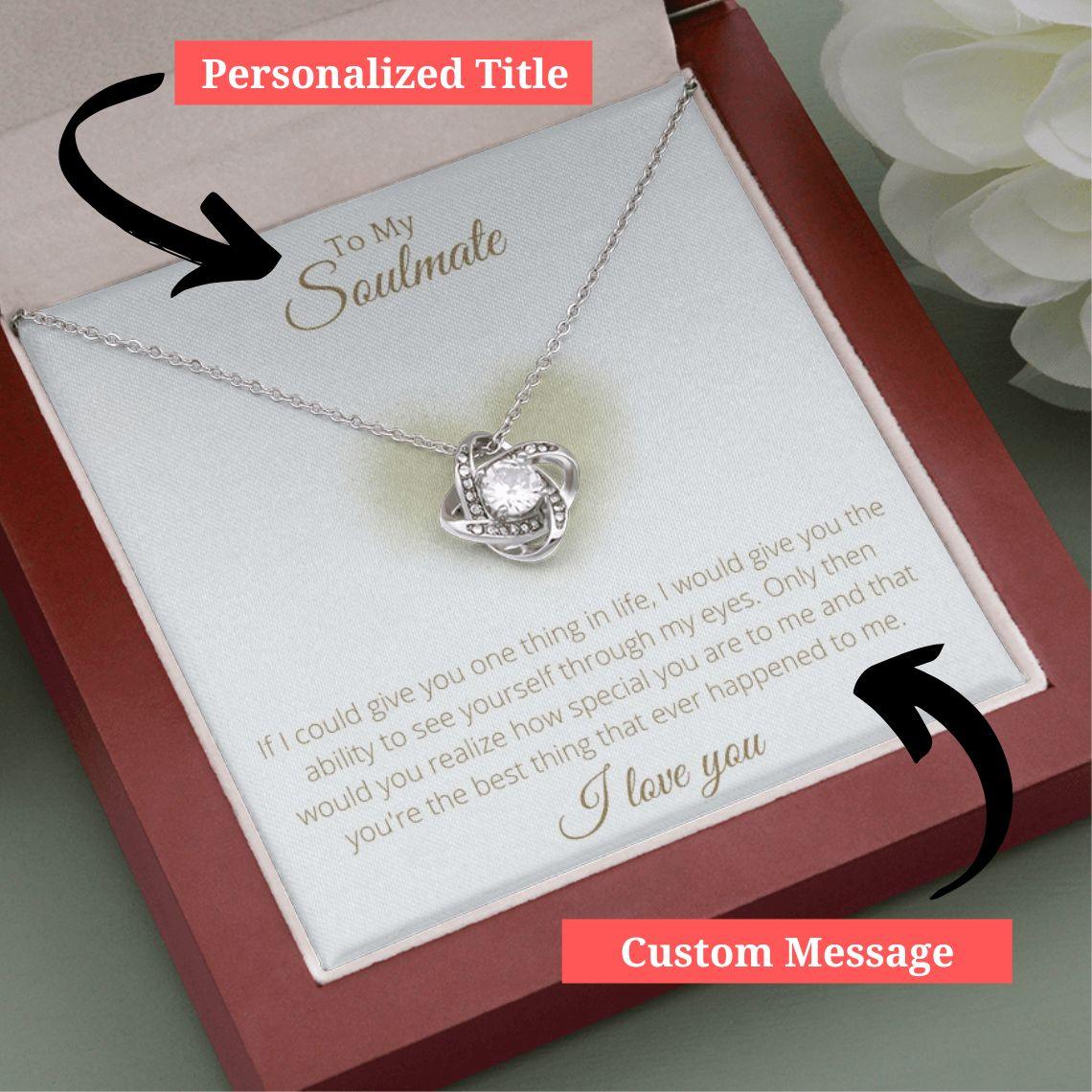
Seven ways to get jealousy out of your relationship
Share
When we fall in love, we do not imagine such a beautiful feeling can also arise an emotion as disturbing and complicated as jealousy. Is there any way to remove destructive jealousy from the relationship? Or will we have to get used to living with insecurity?
Relationship specialists still do not agree whether jealousy is a biological condition of the human being or a social construct. What is certain is although some speak of healthy or normal jealousy, in most cases, it generates breakups.
But in today's world, many couples do not experience pathological jealousy. How do they do it? They probably avoid checking their partner's cell phone. But there are many other ways. We want to share them with you.
Let's start by identifying jealousy.
When can jealousy be dangerous for the survival of the couple?
- When it causes physical disturbances in one of the partners: chest pain, difficulty breathing, headache.
- When they prevent one or both partners from carrying out their daily activities.
- When they provoke fights that exceed the limits of respect.
- When they cause discomfort that extends to third parties outside the couple.
- When they impede the couple's interaction with friends or people outside the relationship
- When they cause physical, verbal, or psychological violence.
What to do to get jealousy out of the relationship?
- Build self-confidence
- Be aware of one's qualities
- Independence + social life
- Acknowledge your shortcomings
- Self-control
- Small "reinforcements
- Communication and more communication
1) Work on self-confidence
There is nothing like having the self-confidence to get away from jealousy. Practice one or several activities on your own, without your partner: a sport, a creative hobby, or volunteer in an association for a cause that interests you.
Busier in your life, you will spend less time being jealous of your partner and allow yourself to breathe.
2) Be aware of your qualities
To be confident in yourself, you must first be aware of your qualities. If it helps you to visualize and retain them, write down these qualities and your successes. Read this list whenever you have doubts about your partner. This way, you will focus on the best thing you have: yourself.
3) Independence and social life
Most of the time, healthy, balanced couples have activities that keep them separately busy. Just as you have to allow yourself to go out or see your friends, let your partner take care of his social life.
Don't abandon your group of friends so that your social life doesn't depend on your partner. People who don't have some social interaction tend to be more jealous and distrustful than they should be.
4) Acknowledge your shortcomings
Usually, in a couple, one is more jealous than the other. Acknowledging this is healthy. Jealousy is an emotion, and humans are endowed with reason to handle emotions. Other species may experience jealousy, but they cannot recognize it.
Recognize and accept if jealousy stems more from your lack of self-confidence than your partner's reactions and behavior. This acceptance should help you combat the negative feelings associated with jealousy if they recur.
5) Self-control
When you feel a jealous attack is about to begin, strive to control your emotions and reactions. When faced with a situation that tests your ability to remain calm, take a few minutes to breathe.
Get out of where you are and take a walk to think.
6) Little reinforcements
When you feel jealousy overwhelming you, think about the marital problems you experienced with your exes.
A quick flashback to the past can help you become aware of a situation and make positive changes in your behavior for the sake of your current relationship. The goal, of course, is to avoid making the same mistakes again and save your relationship.
7) Communication and more communication
Your partner can help you fight your jealousy by simply sharing your feelings. If your lover understands your feelings, he will be in a better position to reassure you and thus help you strengthen your relationship.
If one partner feels there is a threat to the relationship, coming from a rival or an outside source, talk about it.


